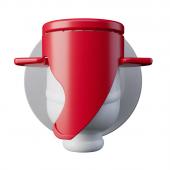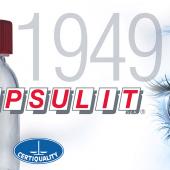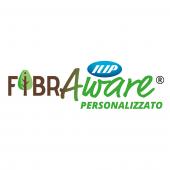The first paper-based barrier for aseptic packaging by Tetra Pak
Shelf-life and protection of foods comparable to traditional aseptic packaging with the alternative barrier solution developed by Tetra Pak. In full-scale production in 2025.
Global leader in the field of solutions for food processing and packaging, Tetra Pak launched, in 2022, a first pilot lot of single-dose packages developed with an alternative paper-based barrier, which has been used in shelf-testing pending large-scale industrial production, planned for 2025.
It’s the first aseptic package with a paper-based barrier as an alternative to the fine layer of aluminium used in current packs which, while guaranteeing food safety, contributes to a third of the greenhouse gas emissions associated with the materials.
«Presenting a solution destined to revolutionise aseptic packaging is a source of great pride for us and, at the same time, great awareness of the value shared day after day with our partners, customers and stakeholder in the agri-food supply chain» explains Paolo Maggi, Chairman of Tetra Pak South Europe. «It’s a further milestone which confirms Tetra Pak’s constant search for sustainable innovation in food packaging».
Preserving quality is more sustainable
The new solution is expected to be able to guarantee protection from light and oxygen, safeguarding the product’s quality and organoleptic and nutritional properties, as well as ensuring shelf-lives comparable with those of traditional aseptic packaging for low acidity products. A further plus is the significant increase in raw materials from renewable sources and an even greater reduction in CO2 for one type of packaging - drink cartons - already convenient from this point of view.
«In the Tetra Pak's roadmap, increasing the paper content is a key priority» as highlighted by Laurence Mott, Executive Vice President Development and Technology Tetra Pak. «In fact, beverage cartons with paper-based barriers have a clear potential to attract consumer interest and achieve a low-carbon circular economy. The approach to "paperization" has long been the direction Tetra Pak has chosen to take before it became a trend, and it is an important criterion for effectively responding to upcoming European regulations on packaging».
To continue to lead the sector in the name of sustainability, Tetra Pak invests 100 million euros a year globally with the aim to improve the environmental profile of its beverage cartons. Part of this journey is the research and development of packages with a simplified structure and a higher content of basic materials from renewable sources, as in the case of the alternative paper barrier.




















